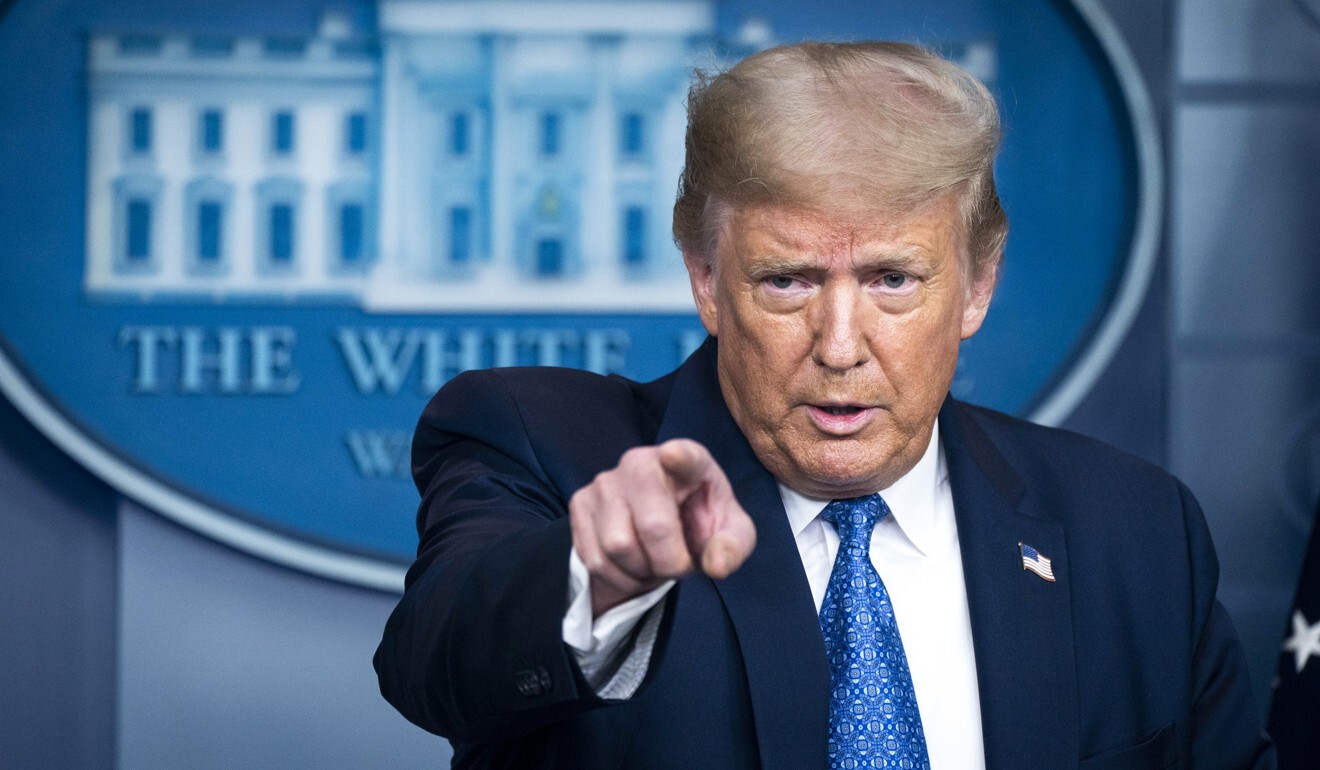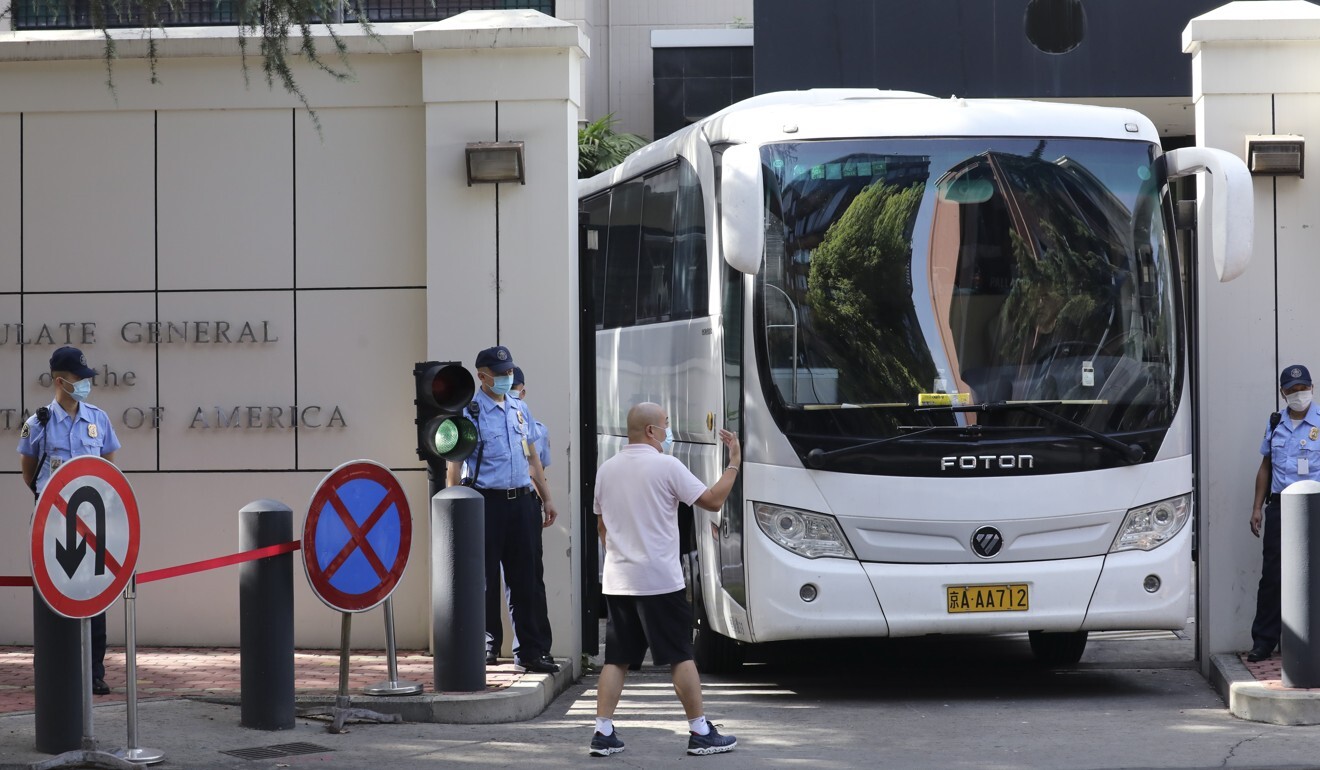
Even amid the US ‘crusade’ against China, Hong Kong can be a critical connecting point between the two powers
- Far from ‘just another Chinese city’, Hong Kong’s unique nature could be all the more valuable amid worsening Beijing-Washington relationship
- Still open and internationalised, the city fits the purpose for more constructive people-to-people exchanges during a challenging time
Is Hong Kong becoming just “another Chinese city” or will it retain its distinct identity?
Surprisingly, or not, the consensus was “no, it is not just another Chinese city”, although Yau and Tong did disagree on the need for and concerns over the new law.
So, is Hong Kong too special to fall, or is that just wishful thinking?
To a certain extent – and ironically – the worse the bilateral relationship between Washington and Beijing, the more they should recognise the uniqueness of Hong Kong.
Beijing’s sweeping new law has led to sanctions and criticism from the US and its Western allies, who accuse it of undermining the “one country, two systems” policy. Beijing has strongly rebutted such claims and vowed to stay the course.

Diplomatic wrangling is one thing, reality is another. The city has been sorely troubled politically and economically by last year’s massive social unrest and the coronavirus crisis that followed.
But Hong Kong’s uniqueness, stemming from its own social and legal systems among other features, including the US dollar peg, a low tax regime and profound business ties with the US, is something no “just another Chinese city” has yet.
Signing an executive order terminating the 1992 Hong Kong Policy Act that gave the city its decades-long special trade status, US President Donald Trump declared, “Hong Kong will now be treated the same as mainland China.”

Soon after that, the world watched in astonishment as the two major powers approached the brink by shutting down each other’s consulates in Houston and Chengdu.
The reciprocal hostile sentiment has also spread among the general public.
A March Pew survey showed Americans holding unfavourable views on China rise to 66 per cent from 35 per cent back in 2005. In mainland China, negative sentiment towards the US is only too common now, though without the Pew type of nationwide polling.
If social media platforms can be of any reference, critical posts against the US, and calls urging Beijing to target American missions in Hong Kong and Macau in retaliation spoke volumes, not to mention those sarcastically cheerful “farewell” messages hailing the closure of the Chengdu consulate.
However, overall sentiment in Hong Kong is calmer than the more nationalistic mainland reaction. That is not to suggest Hong Kong is too pragmatic and calculating in deriving its own benefits from the China-US tussle, which is unfortunately the impression among certain mainlanders.
This city is more sophisticated under “one country, two systems”. Highly politically charged and defiant enough to cause headaches for authorities across the border, it is still an open and internationalised city that at least fits the purpose for more constructive people-to-people exchanges at this challenging time.
Even in the midst of the US “crusade” against China, the two rivals need a connecting channel at some point. That is where Hong Kong, not “just another Chinese city”, has its special role to play.
US sanctions have only inflicted collateral damage on the many deep and mutually beneficial business and social connections between two sides.

